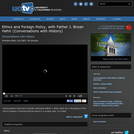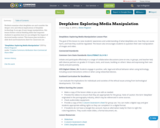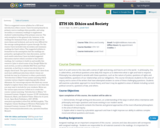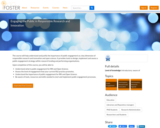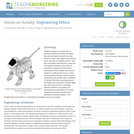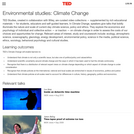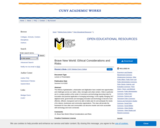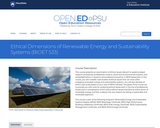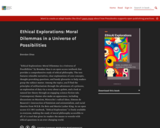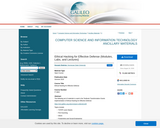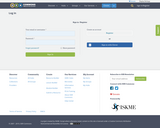This is a suggested course syllabus for a 100-level introductory ethics course. I have focused primarily on primary source readings when possible, and using secondary or summary readings to supplement students' understanding of the primary sources. The only exception to this general rule, however, is the readings for Immanuel Kant, as his writings are far more dense and technical, and can be very difficult for the average undergraduate to parse through. For this reason I have included only secondary and summary readings for Kant's ethics. The suggested syllabus is formatted on the assumption that the readings are primarily a springboard for class discussion, and for each week's selections I have included suggested discussion starters which correlate to that week's readings. As I continue to build on and modify this resource I plan to attach some of my Google Slides for each section, as well as editable Mid Term and Final materials, so feel free to contact me about those or simply check back.
The open resources that I drew from each have additional selections which I chose not include but may be of interest to others, particularly "Introduction to Ethics" from Lumen Learning which contains various chapters exploring specific ethical dilemmas. So I encourage anyone who finds my course helpful to explore these other resources to see what else you may want to include for your students. Below are the various open sources I relied on to create this course.
Lumen Learning, "Introduction to Ethics," CC Licensed Content, Original, License: CC BY: Attribution.
Dimmock, Mark, and Andrew Fisher. Ethics for A-Level. 1st ed., Open Book Publishers, 2017. JSTOR, www.jstor.org/stable/j.ctt1wc7r6j.
Jeff McLaughlin, "The Originals: Classic Readings in Western Philosophy," CC Licensed Content, License: CC BY: Attribution.
https://www.earlymoderntexts.com, operated Jonathan Bennett.
